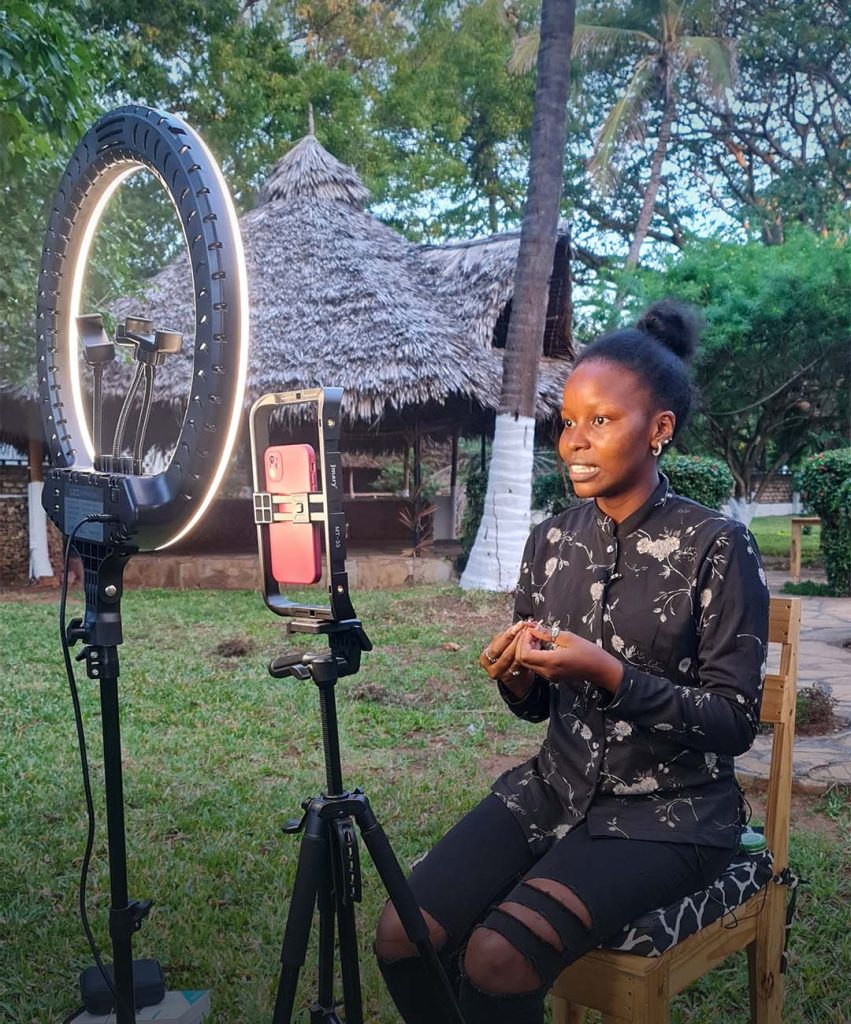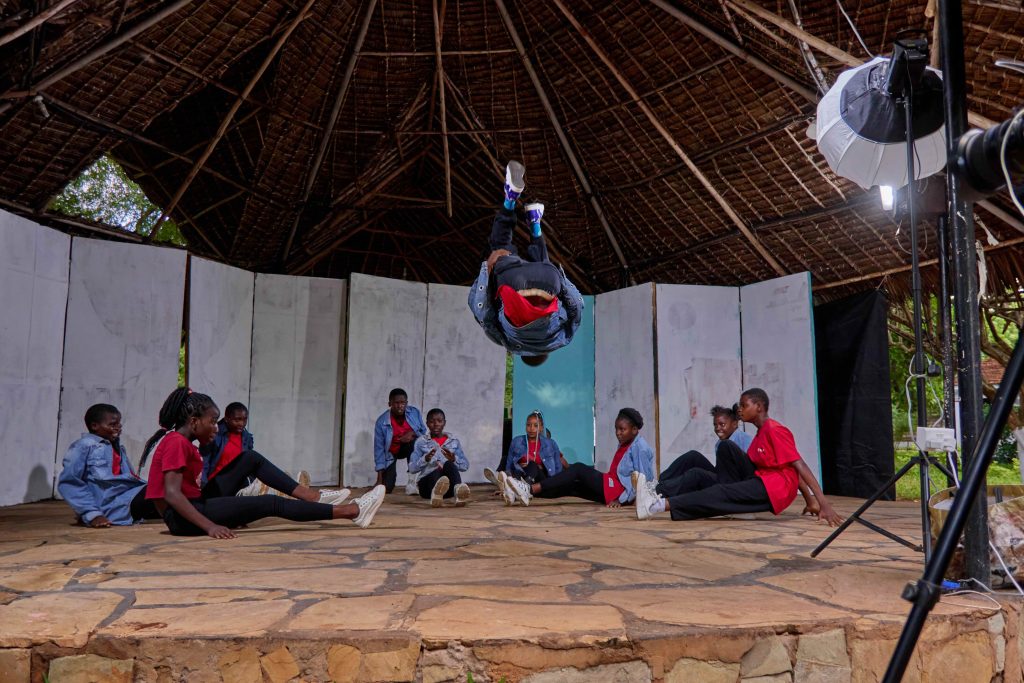When we released Story Za Jaba, we expected it would stir heated conversations, and it did. In fact, apart from social media commentary, Community Based Organisations drawn from around Kilifi County did a presser calling on their administration to regulate muguka in the County. The presser was covered by 2 national tv stations – KBC and KTN. For us, this collective action is a major milestone and proof that storytelling can be used to bring out the voices of underrepresented communities.
Muguka Has Devastating Social Effects.
‘Today, we are gathered here to express our concerns about the devastating effects of muguka in our community. This follows the release of a powerful and unsettling documentary titled Story Za Jaba, that is stirring up conversation both on social media but also in our community,’ began the presser.
Speaking from Maono Space, they highlighted some of the devastating social effects that muguka has beyond the individual, including ‘increased juvenile crime rates, prostitution and sexual exploitation such as sodomy, spread of HIV/AIDs, teenage pregnancies, chronic absenteeism leading to truancy and high school dropout rates, pervasive sexual and gender based violence, stark parental negligence, malnutrition, environmental degradation, unnecessary human suffering and death.’
The Call To Action to Government.
The Change-makers urged both the National and County governments to treat muguka with the same seriousness accorded to other hard drugs and alcohol. They expressed that whereas they acknowledge muguka is a cash crop that supports many families, a serious conversation about its effects needs to be heard and regulations need to be put in place to deter people from using it. They demanded that the two governments:
- Create stringent regulations on the sale and distribution of muguka, with an equivocal ban on its sale to minors.
- Spell a distinction in law between muguka and miraa so that the two are treated as two separate drugs.
- Conduct further research and data collection on muguka use and its impacts on human beings and public health. This includes studies on prevalence rates, patterns of use, associated health outcomes, and socioeconomic factors contributing to Muguka consumption. Such research is essential for informing evidence-based interventions and policy decisions.
- Establish high quality rehabilitation facilities and programs to aid those battling addictions, offering a new chance at life. These include counselling, addiction treatment programs and mental health support.
- Increase governmental efforts to educate Kenyans, both users and non-users, about muguka’s detrimental effects, empowering our communities with knowledge to make informed decisions.
In our previous blog post, we affirmed that storytelling has always been a powerful tool for change because people use their voices to express their ideas, thoughts and concerns. But underrepresented groups have been stripped away of the belief that using their voices matters. As such, they don’t bother, or they fear speaking out. The brave action of the women who spoke about muguka inspired a statement by not one, but many community based organisations, which was played on national TV, further amplifying their voices and magnifying avenues for potential interventions.
In case there is a way you see that we can work together, we welcome you. Reach out to us on [email protected] on DM us on our social media platforms (@thellesitrust)


1 comment